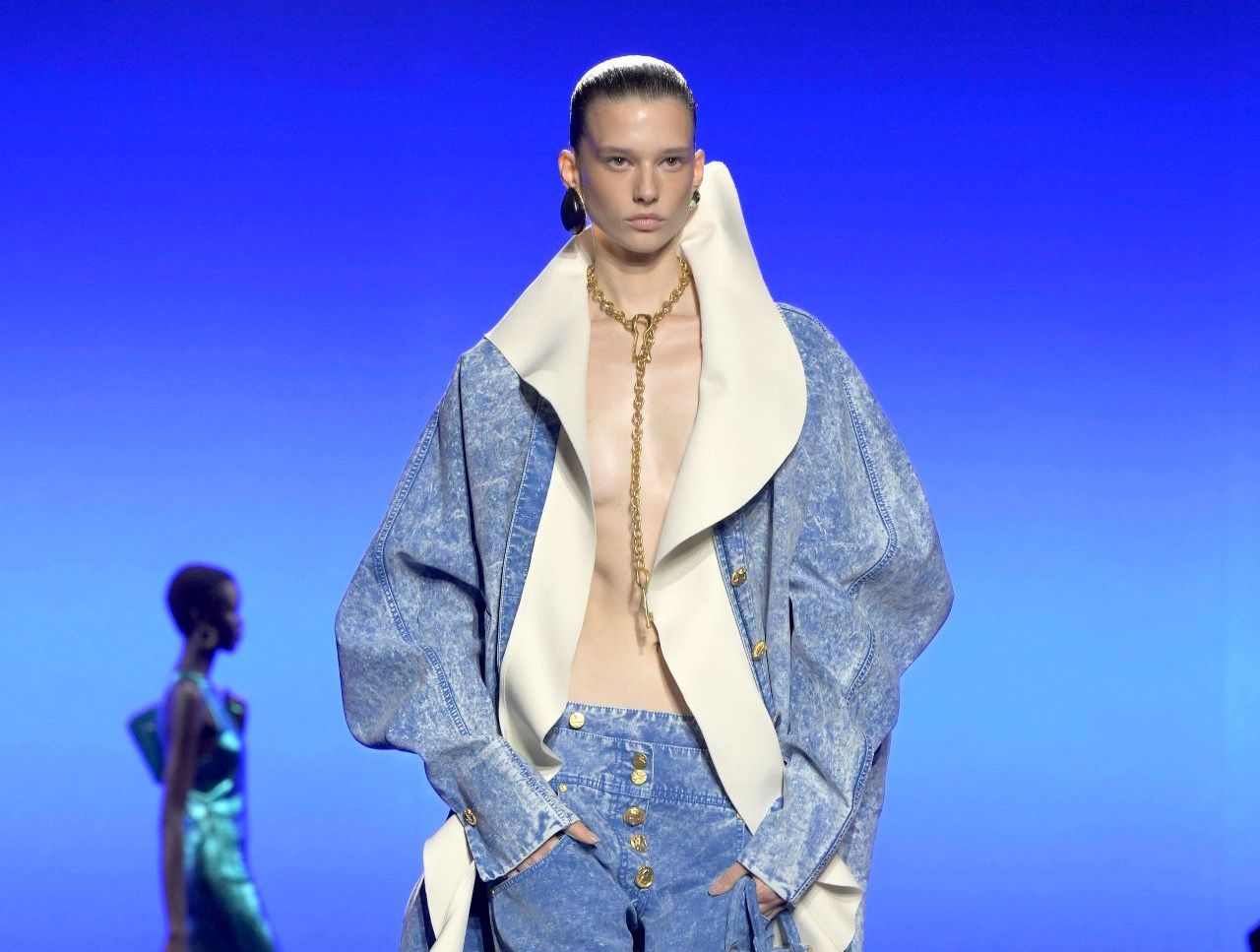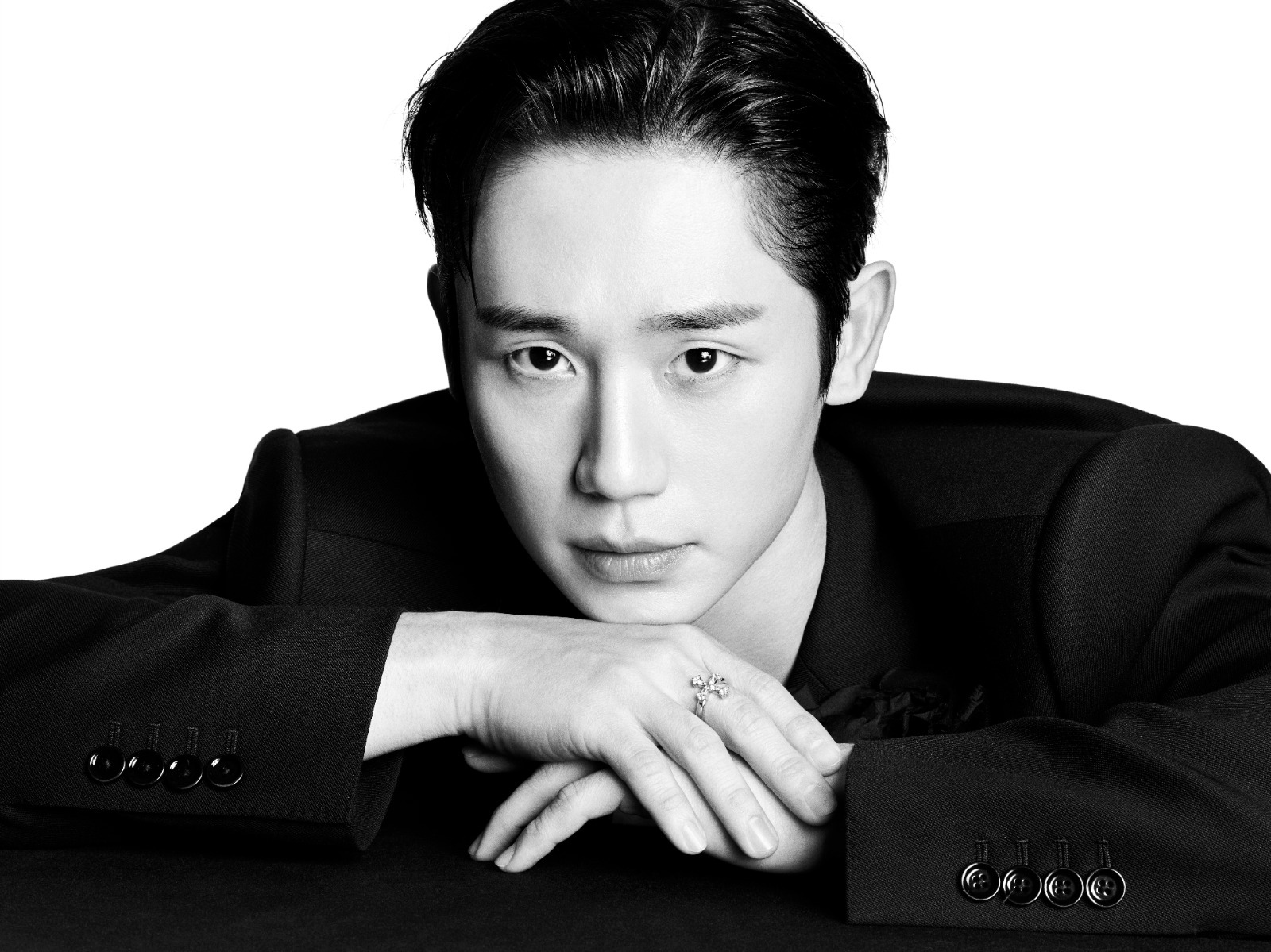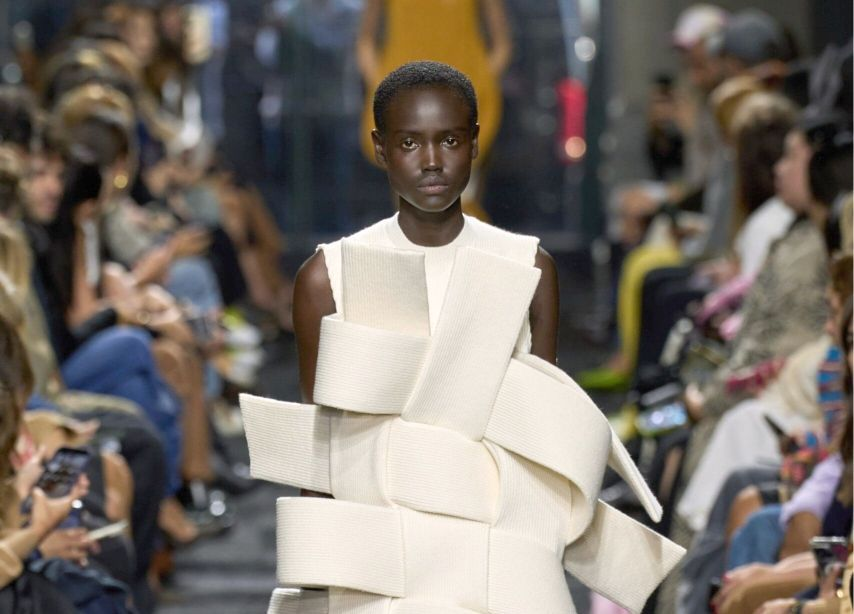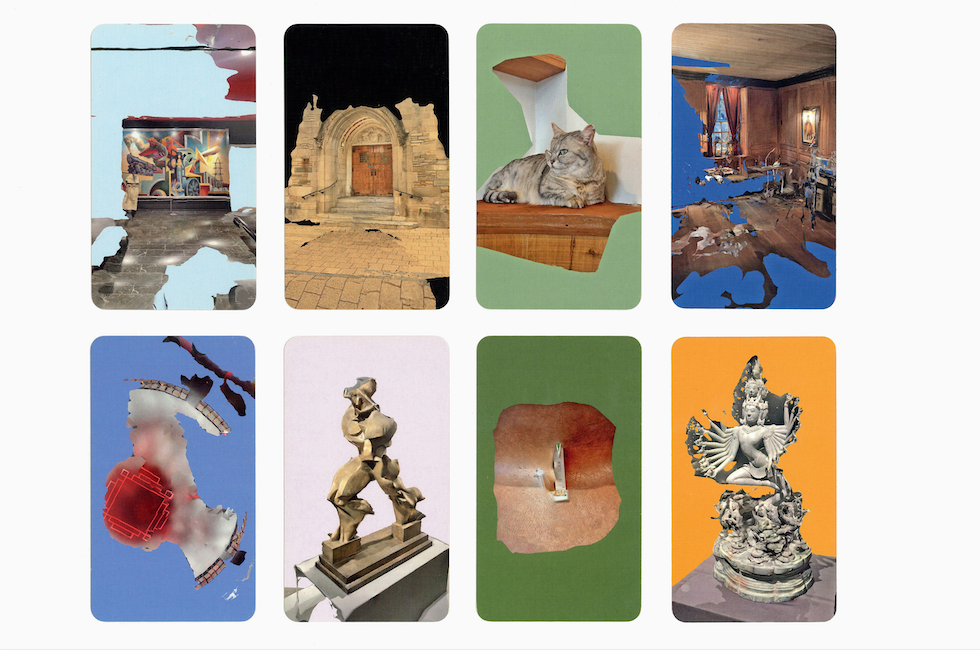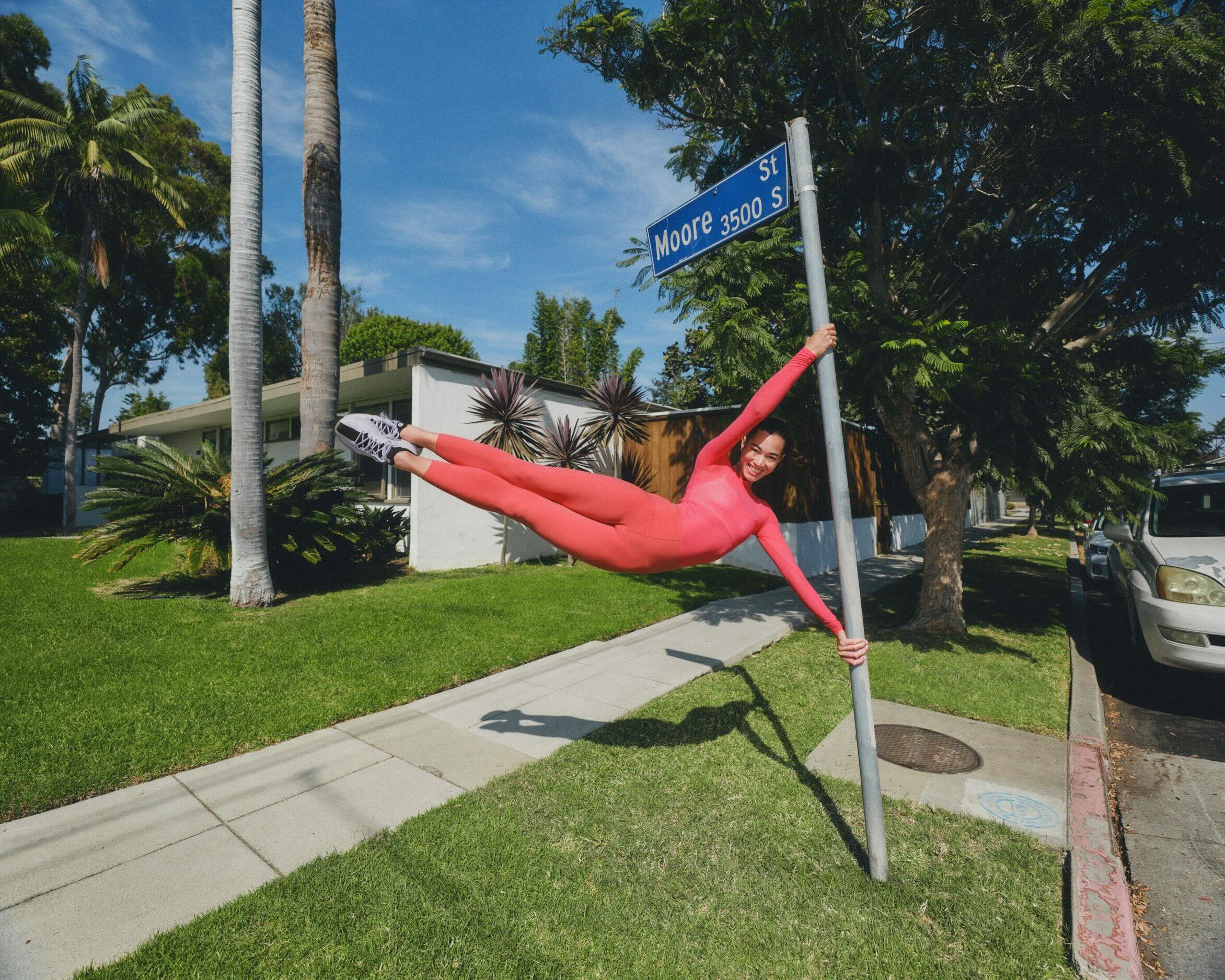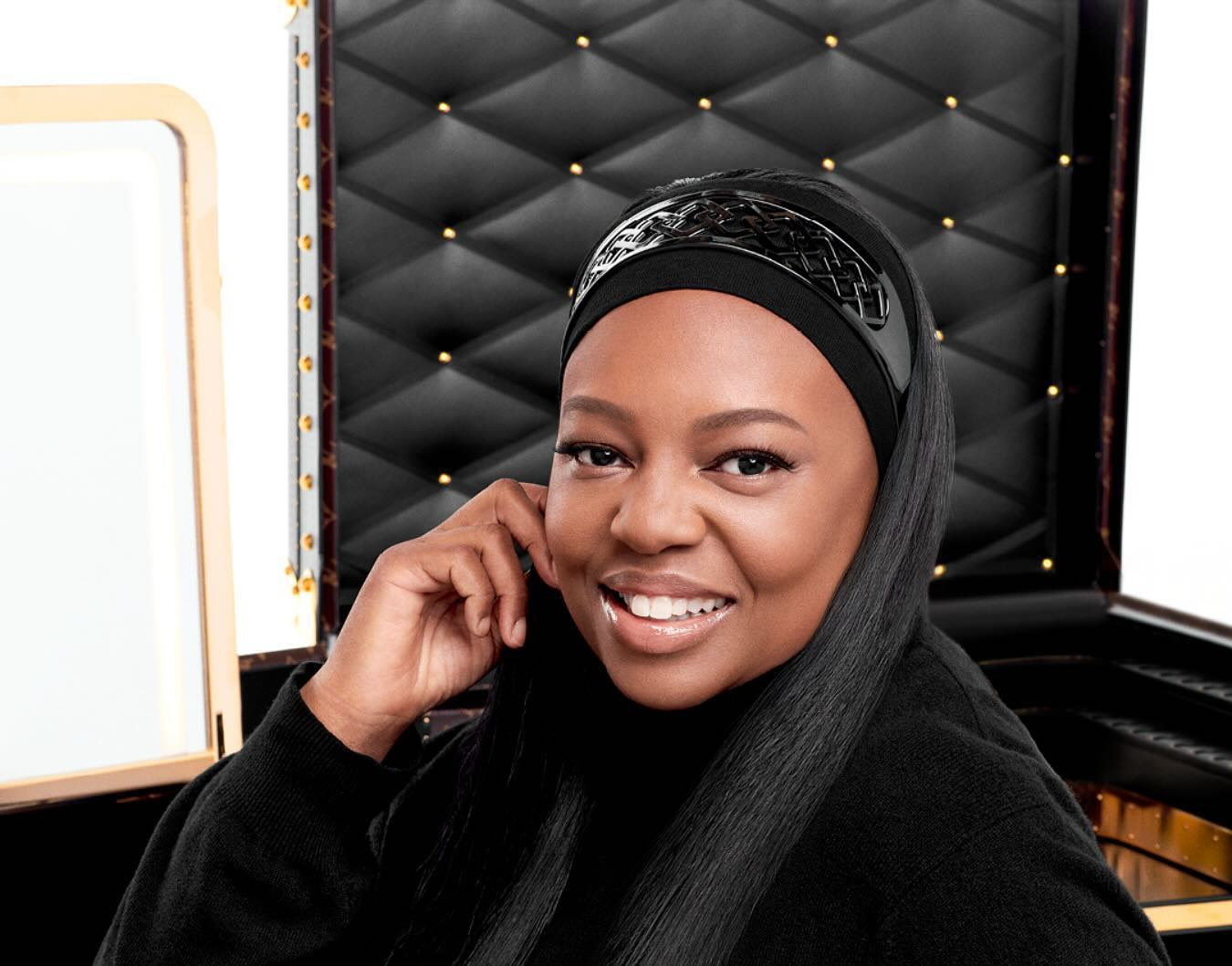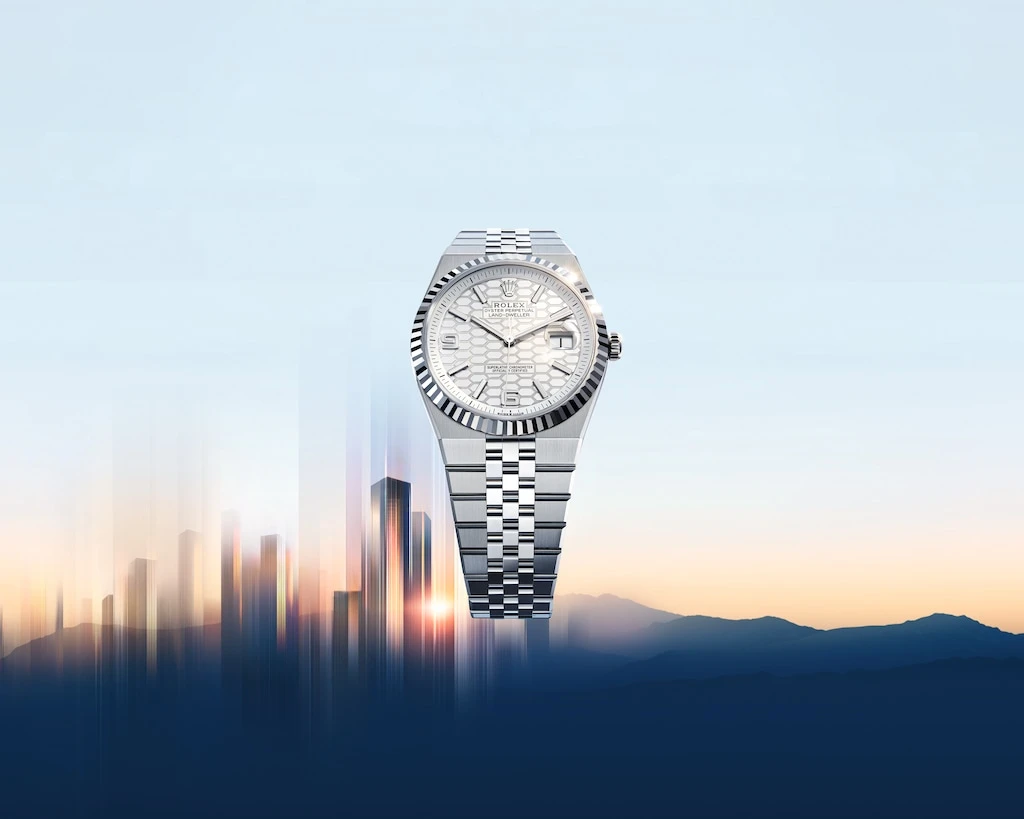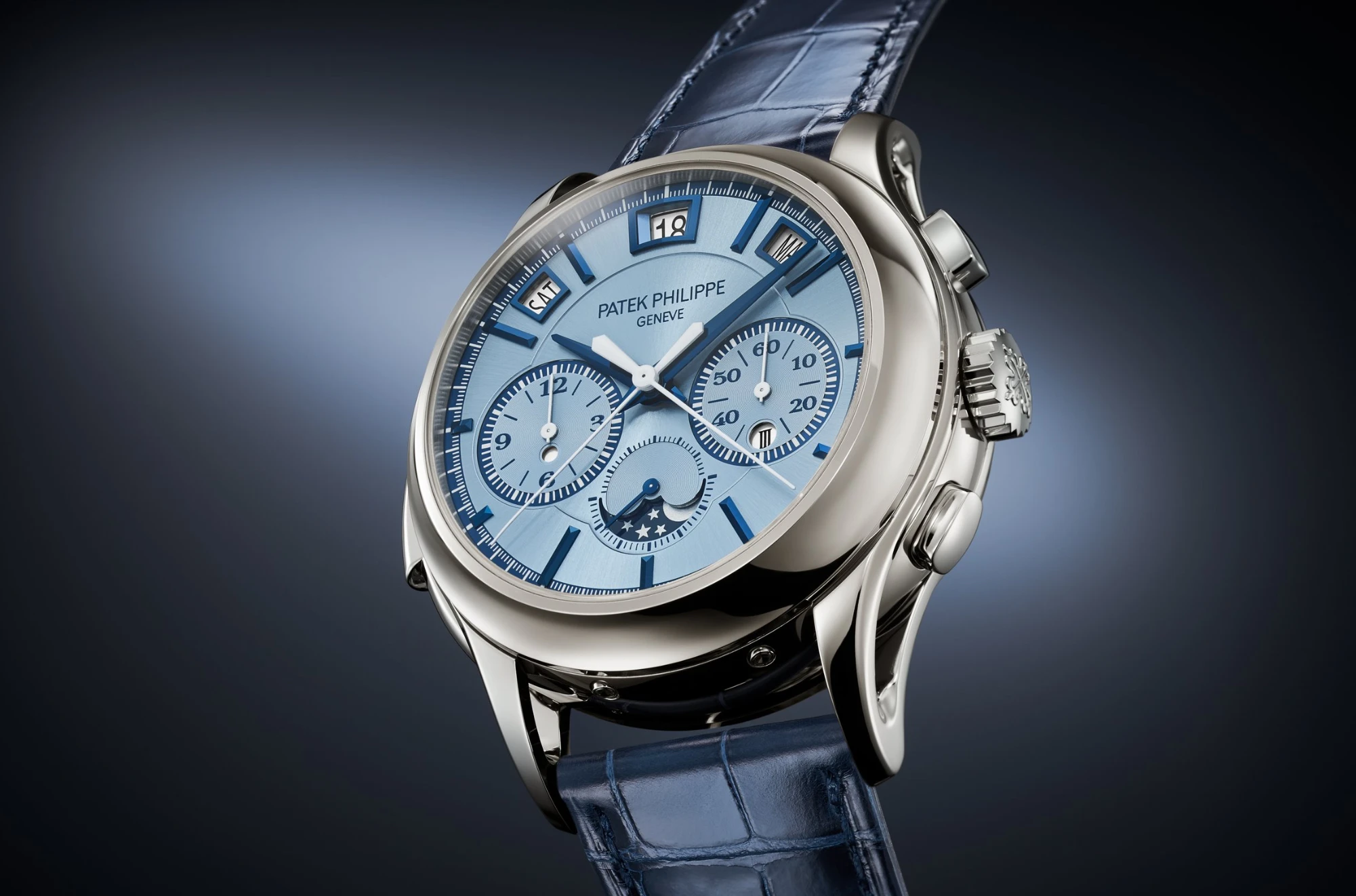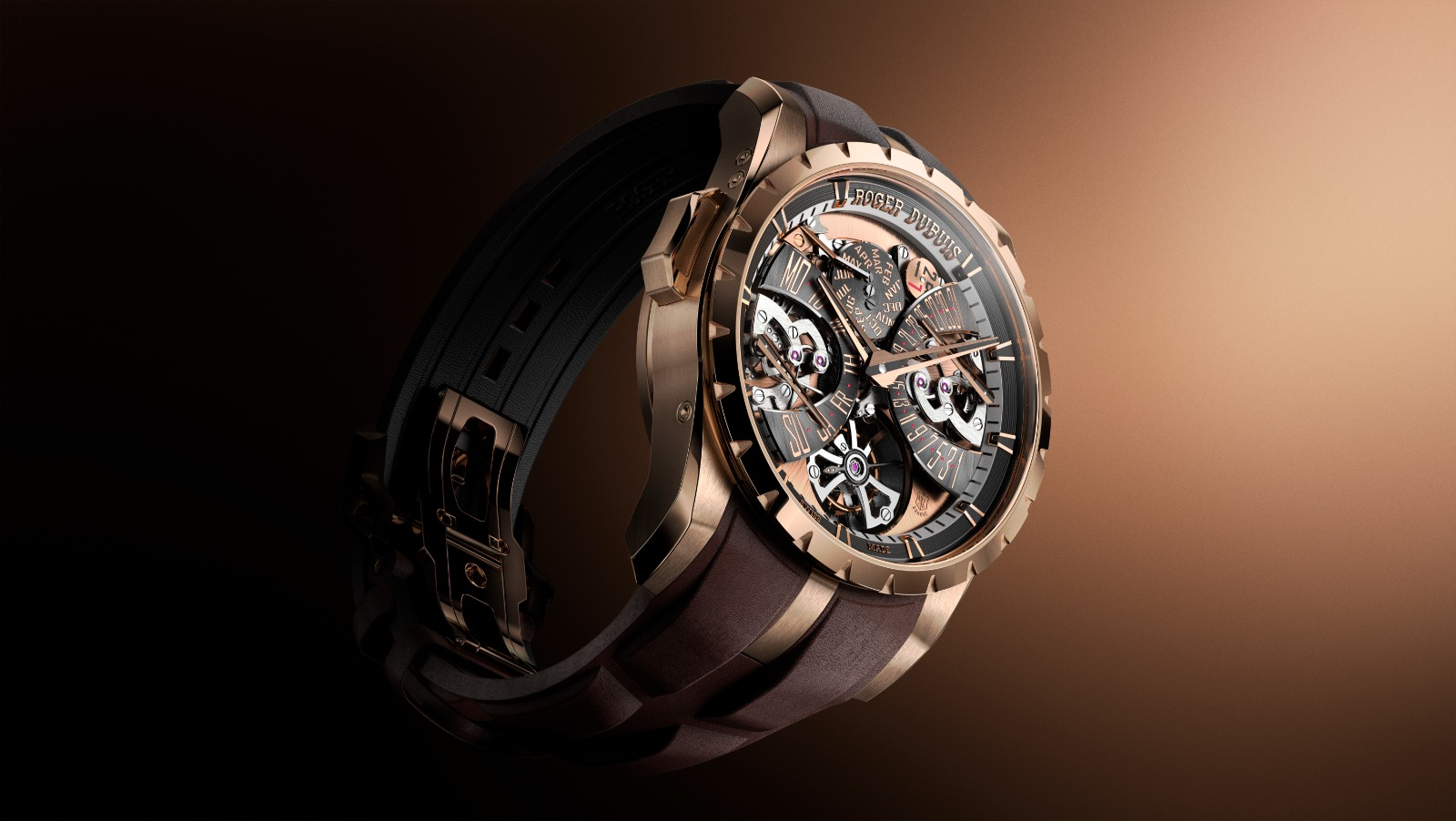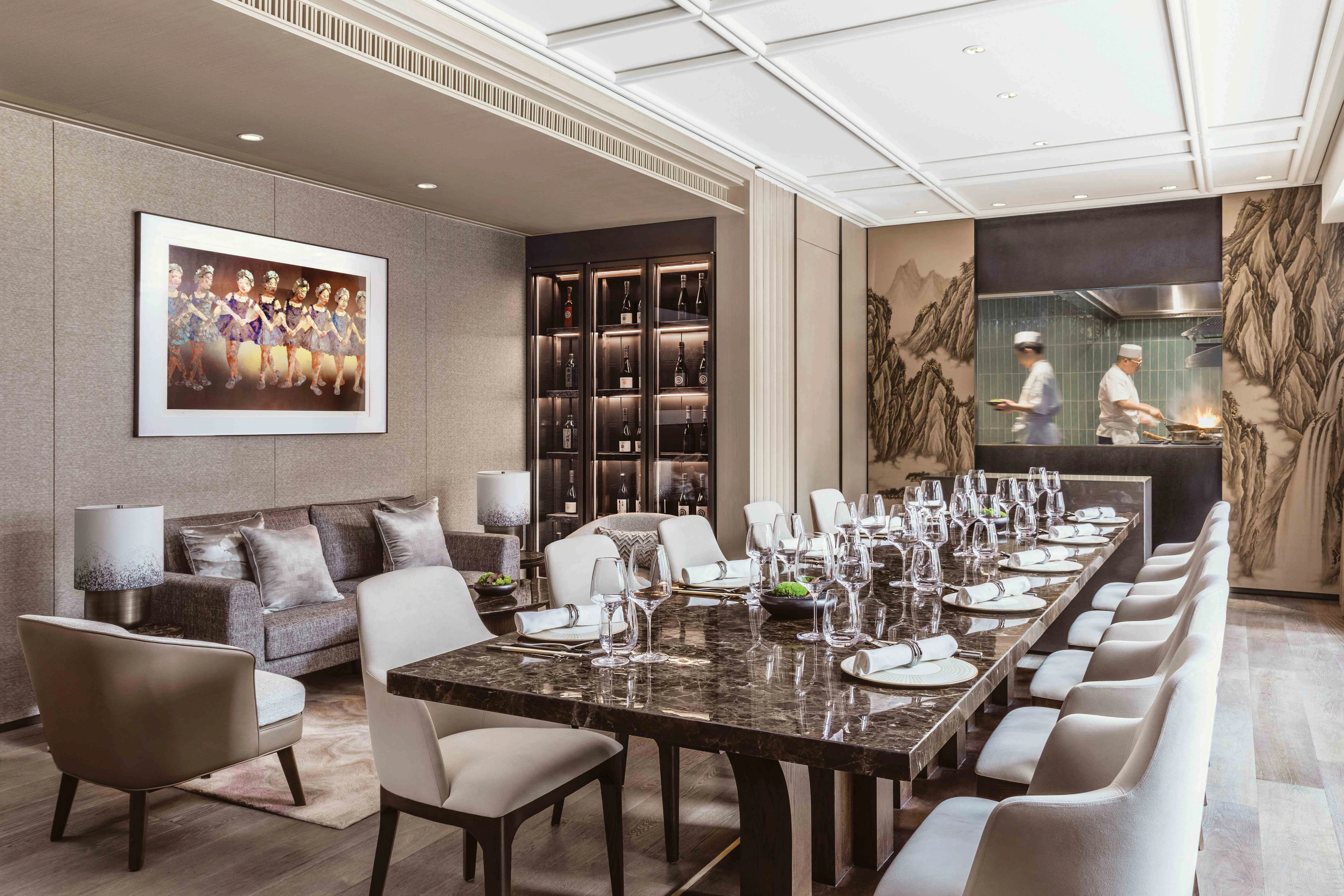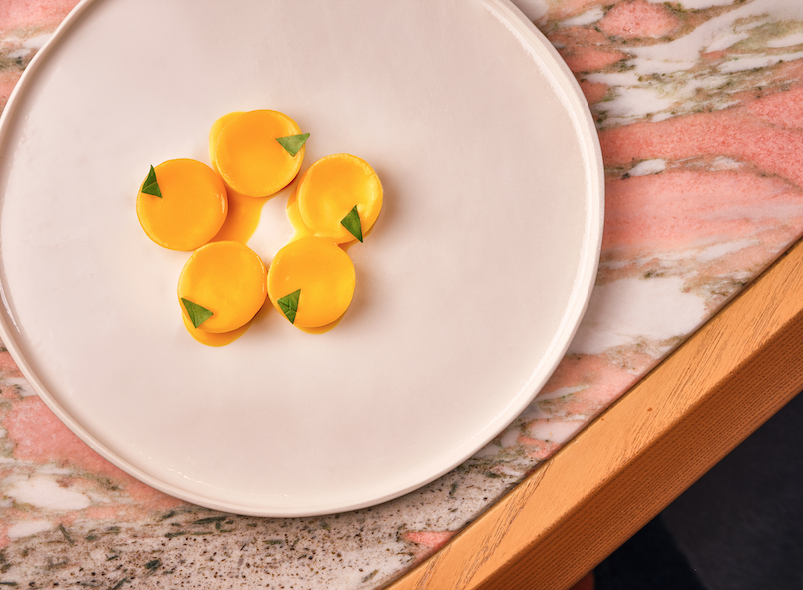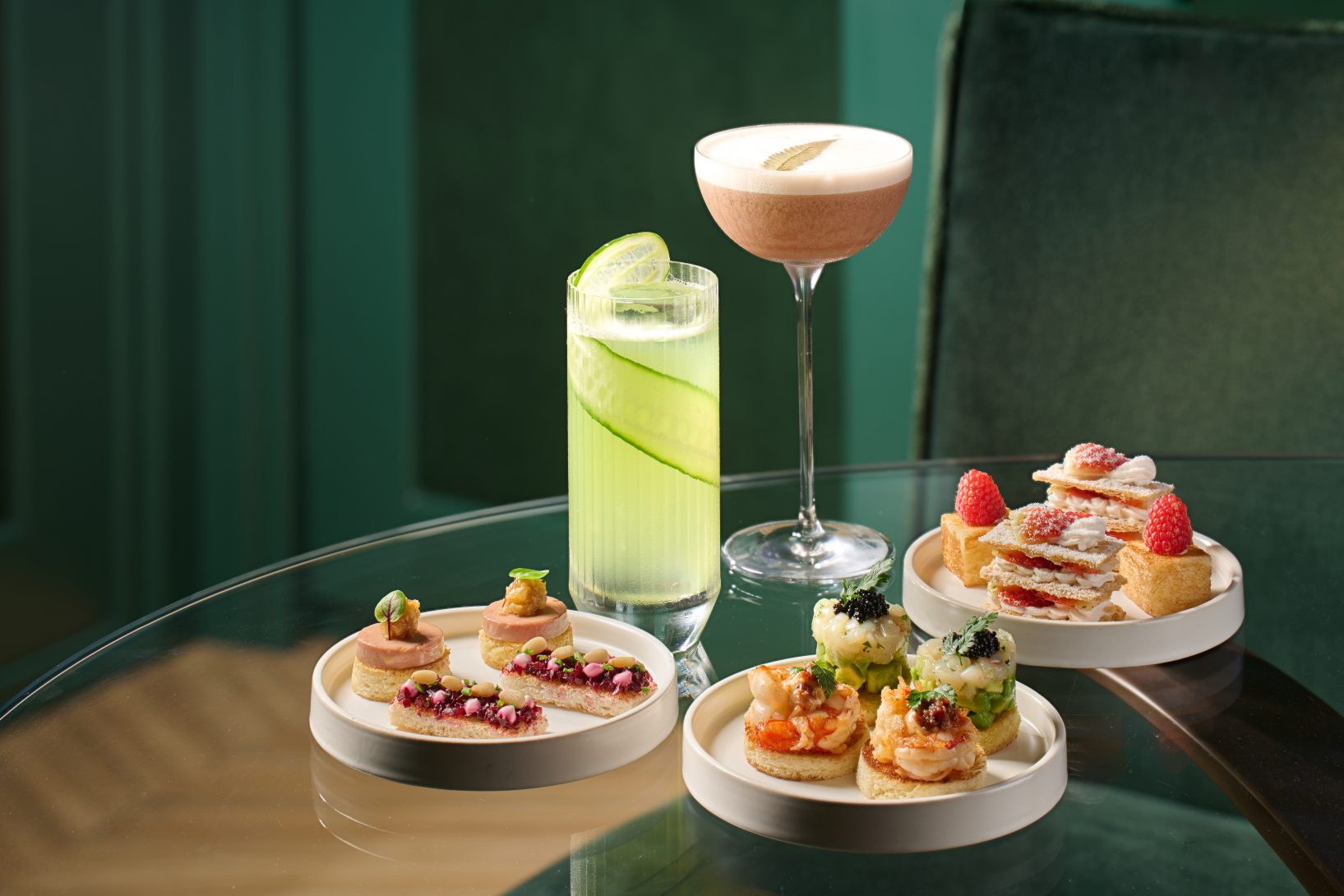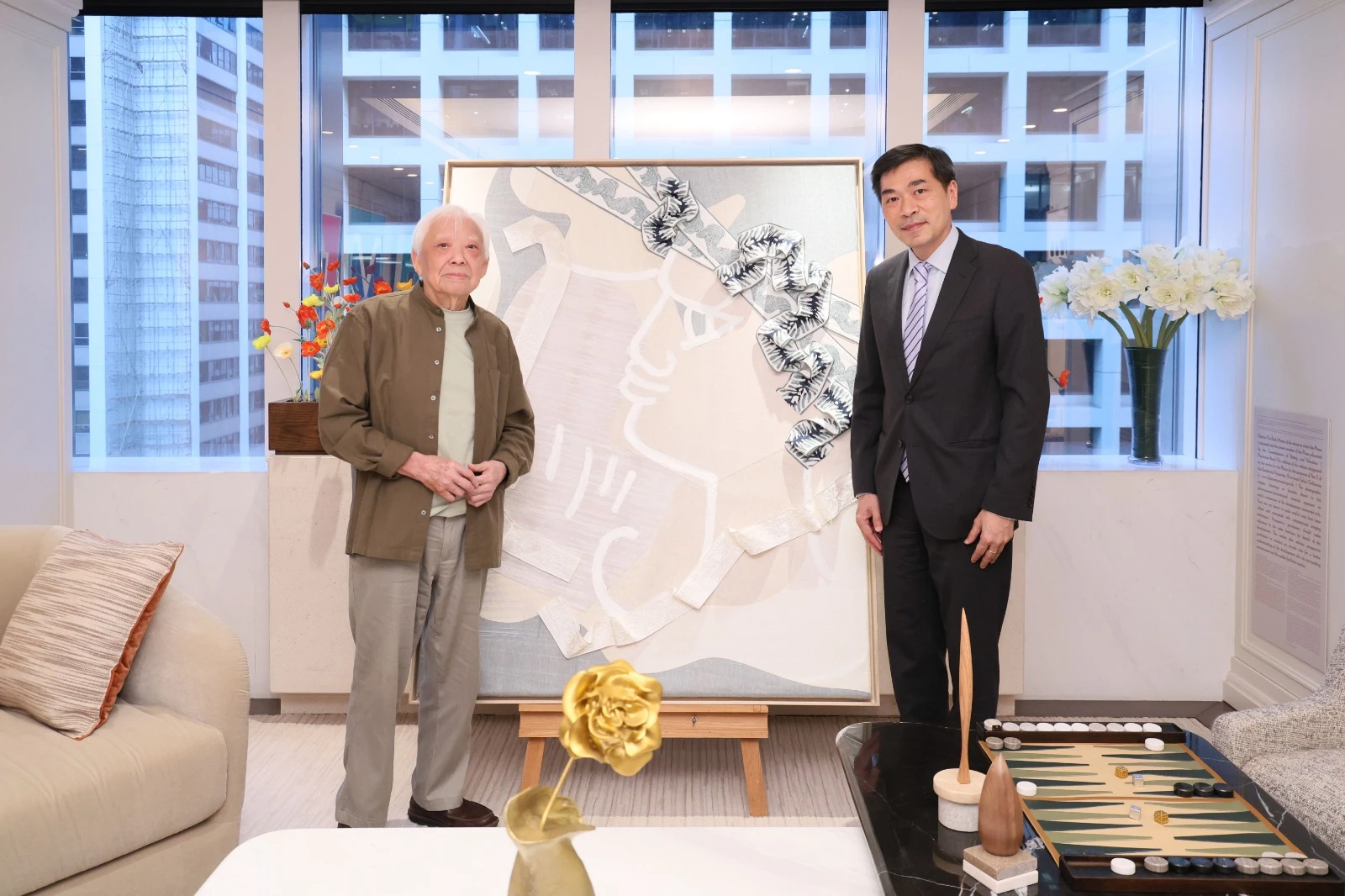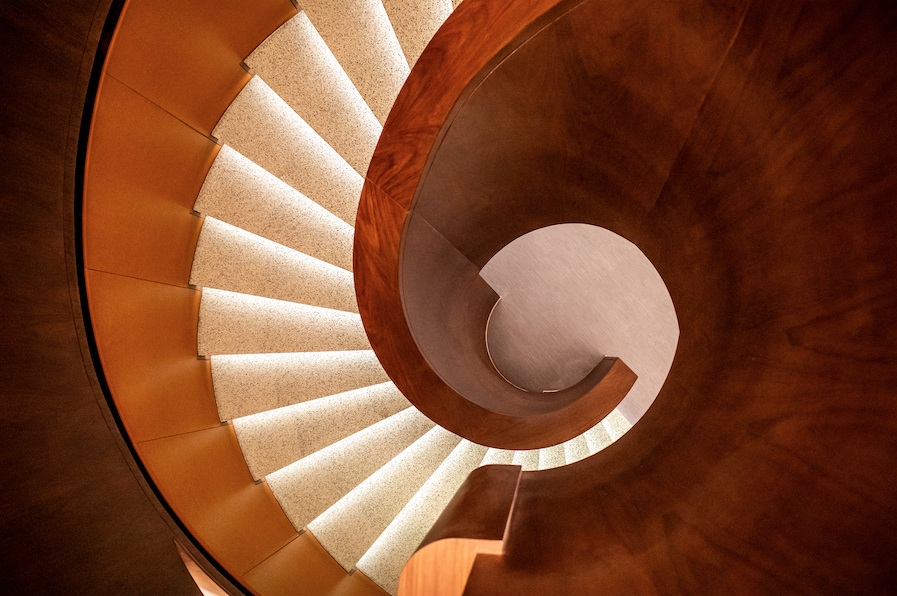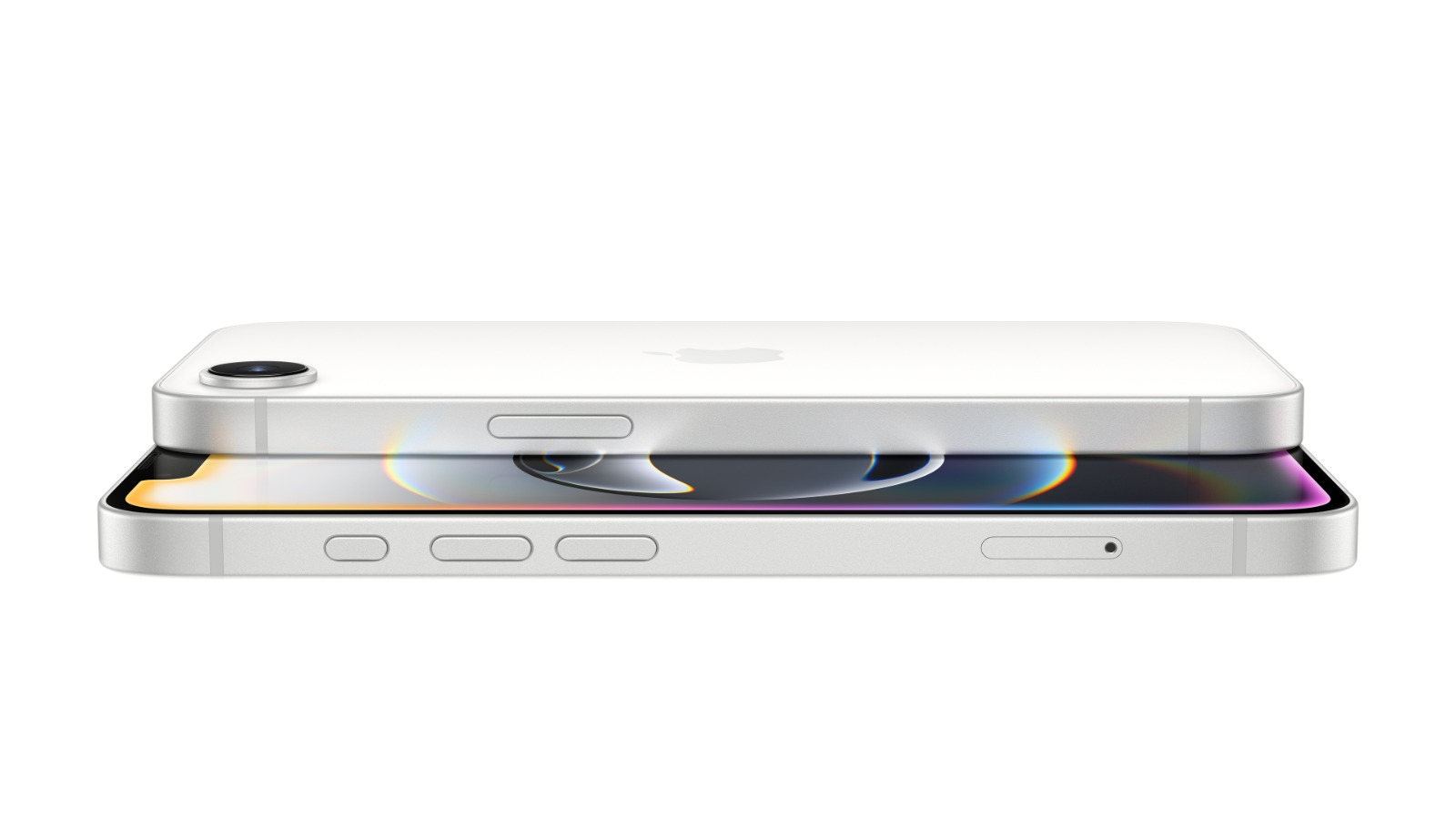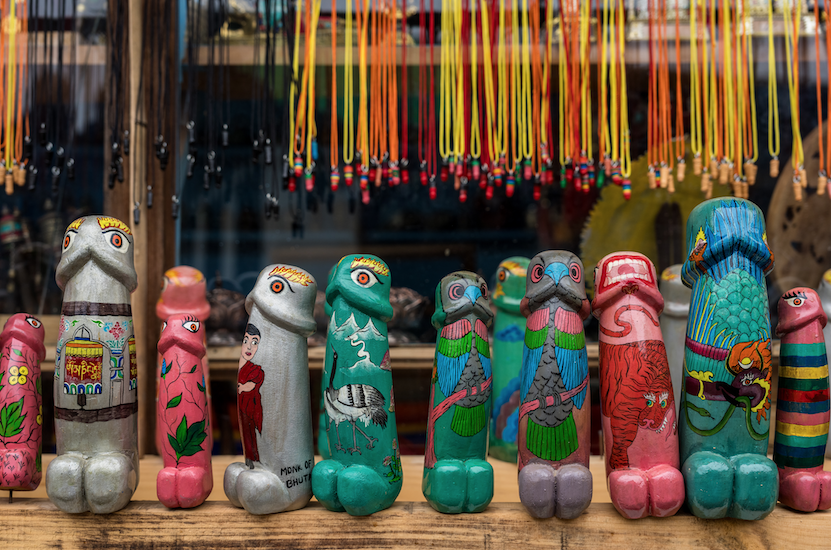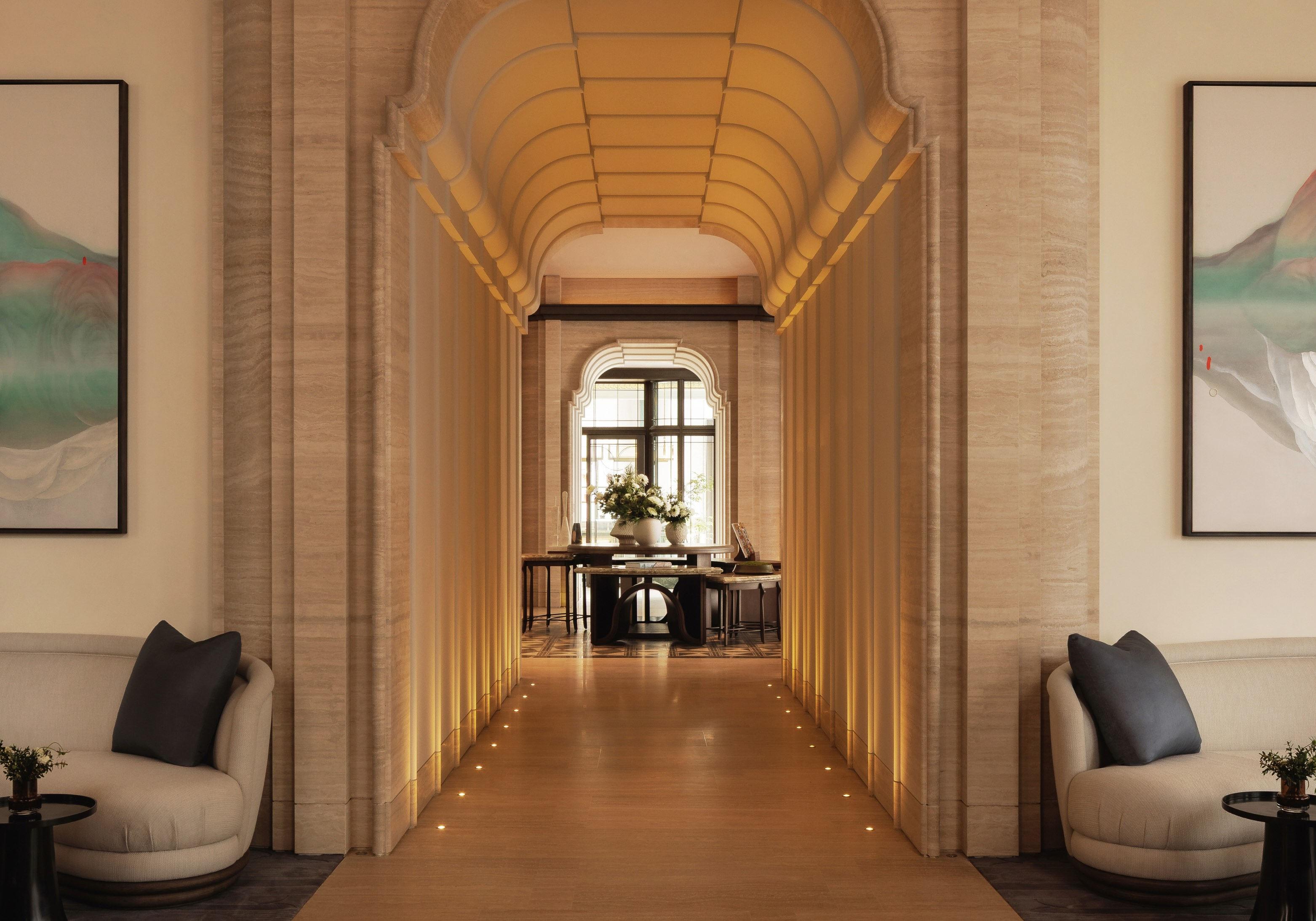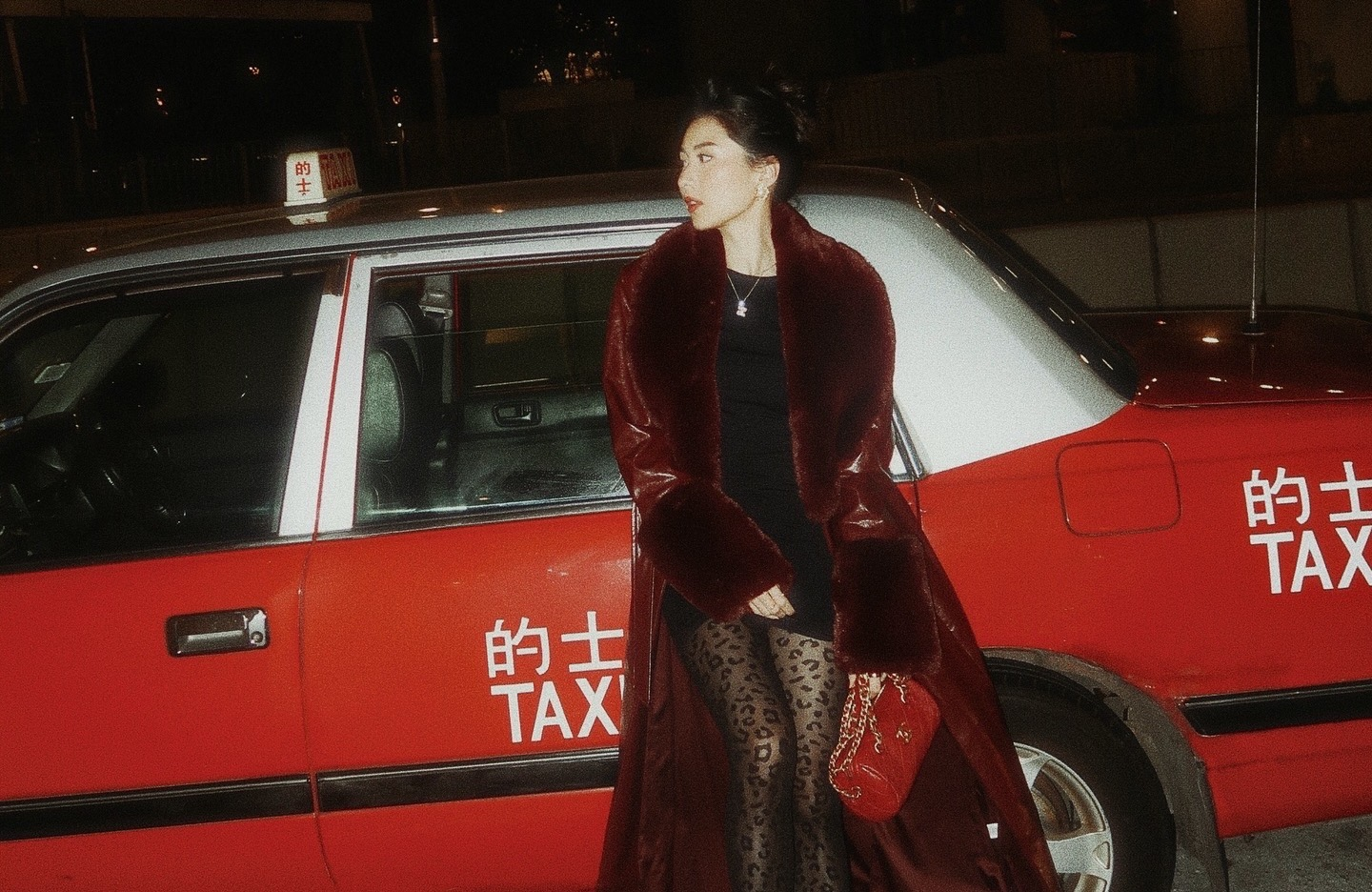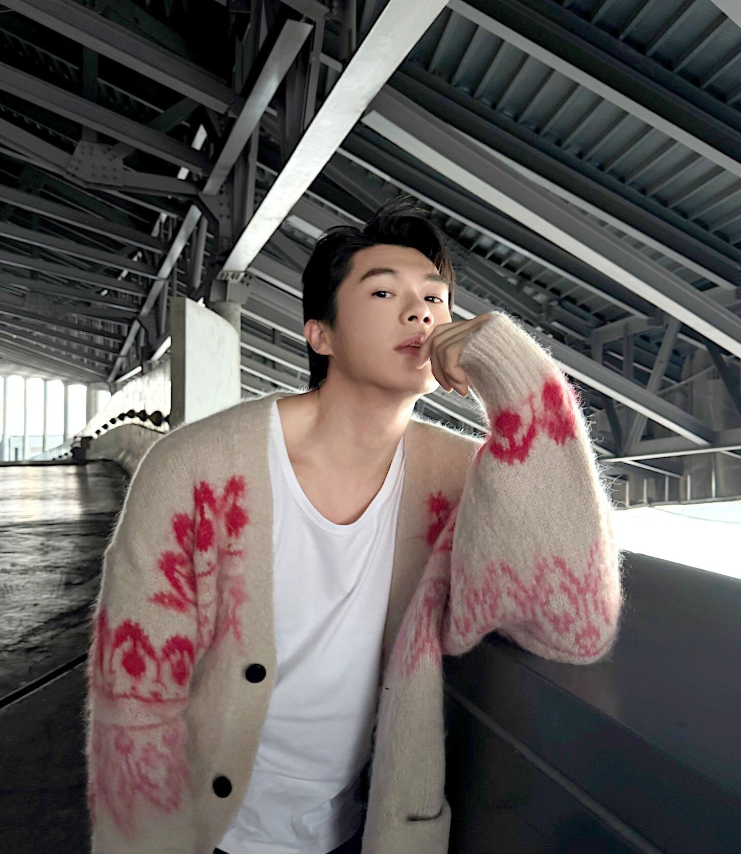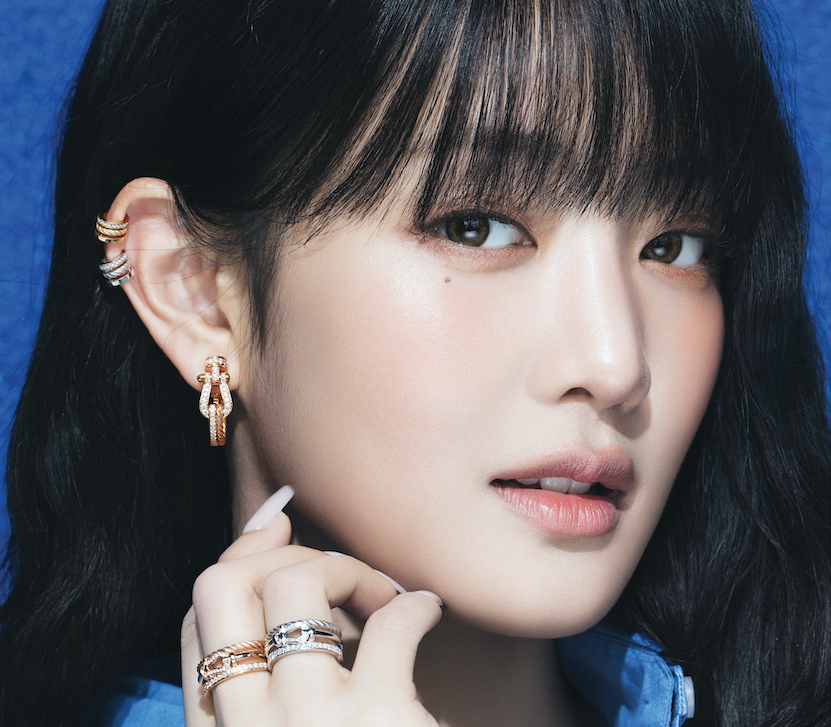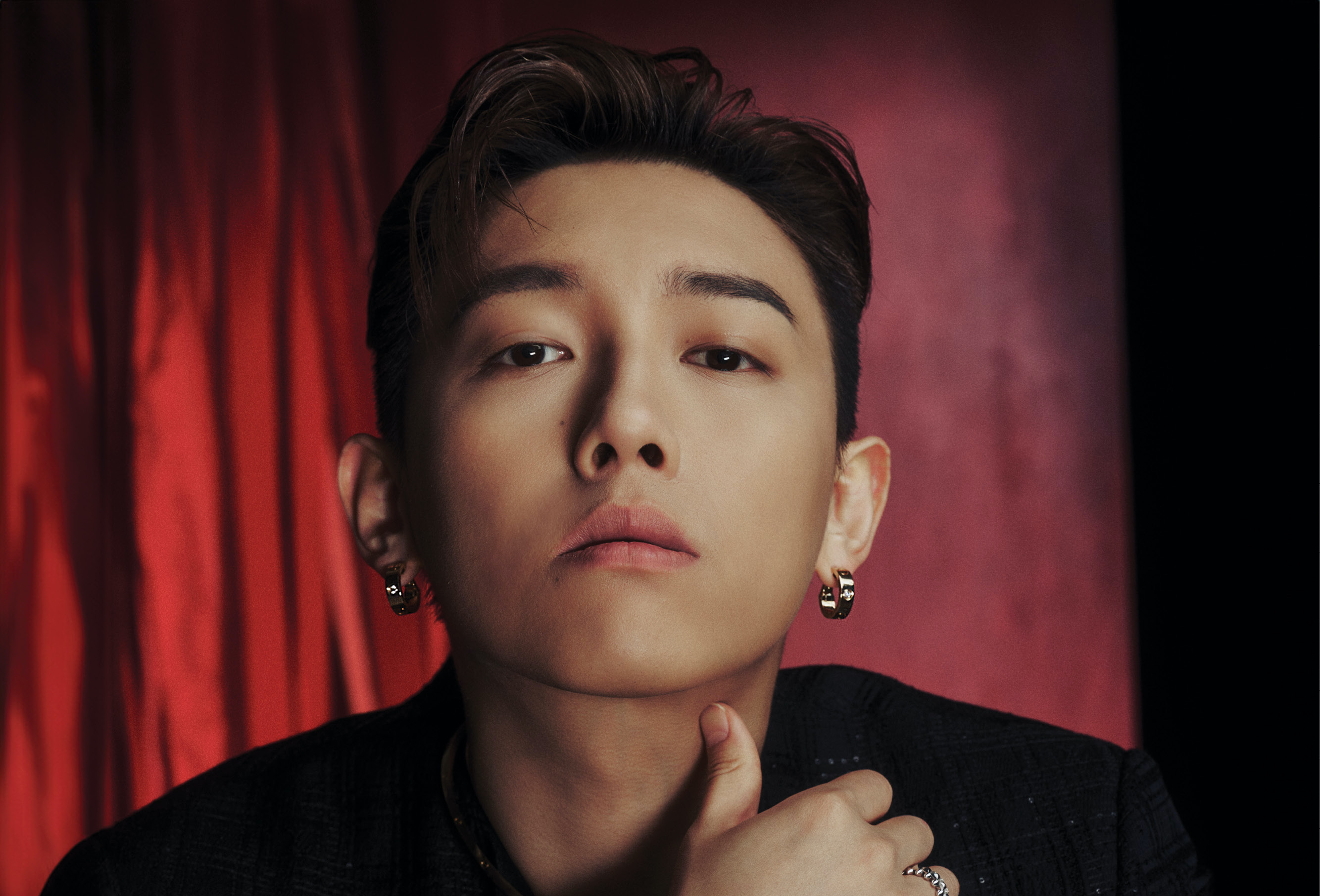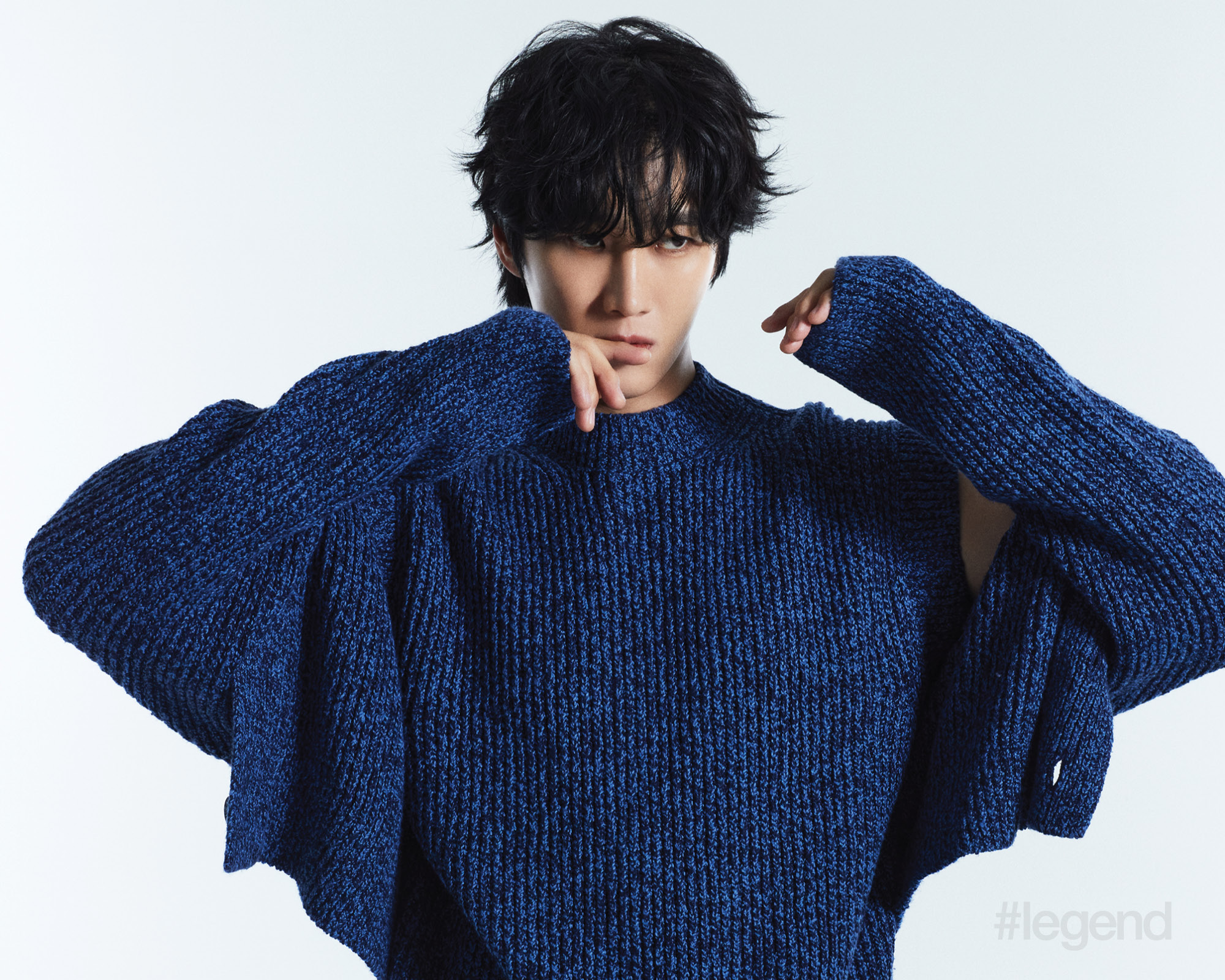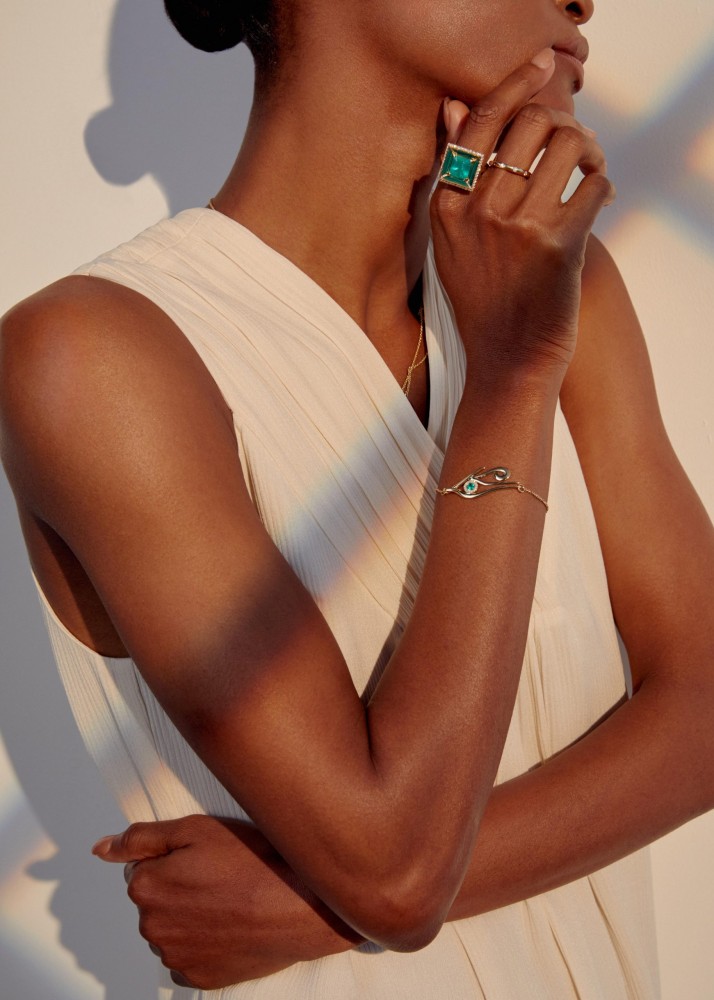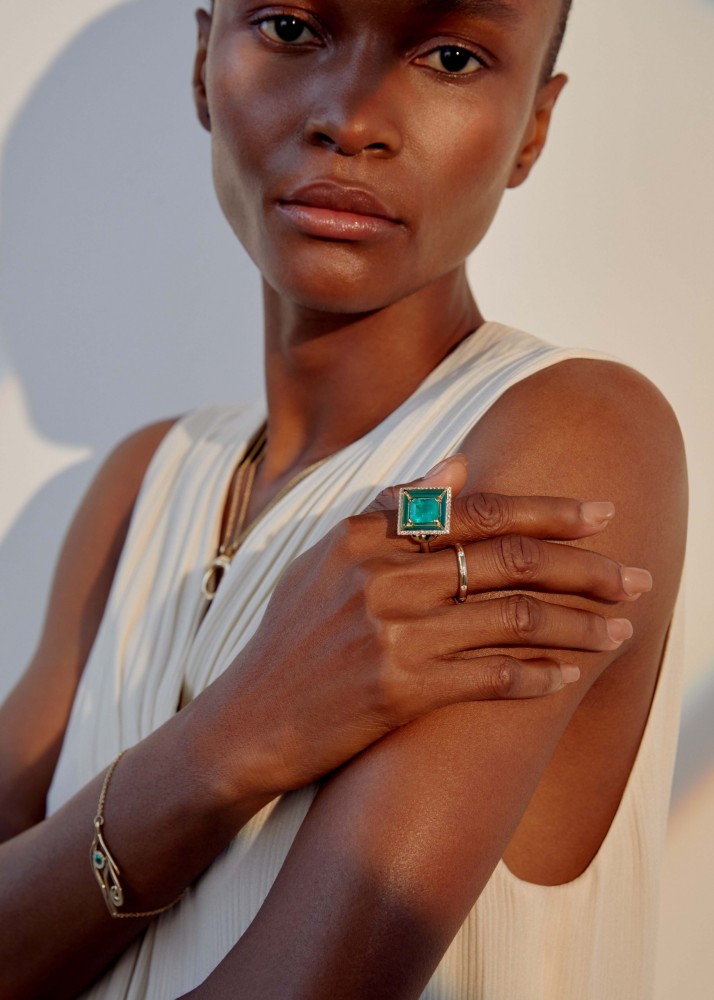#legendchats: Jameel Mohammed of Khiry on Afro-futurist jewellery
Mar 22, 2021
In just a few short years, Jameel Mohammed’s jewellery line, Khiry, has garnered an impressive press portfolio, most recently appearing in TIME Magazine on young poet laureate, Amanda Gorman.
Besides being spotted on celebrities including Michelle Obama, Serena Williams, Cardi B and Janelle Monae, global platforms such as Forbes’s annual “30 under 30” list have included Mohammed among the art and style disruptors to watch in 2021.
Described as an Afro-futurist jewellery brand, Mohammed founded Khiry in 2016 as a creative outlet for African expression after being told by the CEO of a luxury goods company that great designers only came out of Milan and Paris.
Having been part of NET-A-PORTER’s Vanguard programme, we recently spoke to the designer about his vision based on the culture, art, and heritage of the African diaspora, and how he addresses racial equity through his creative pursuits.
How has your educational background in political science played in with your creative process and design approach?
My background has enabled me to think complexly about how the world is structured – not necessarily as a natural outgrowth of what must be, but as a result of historical processes of power and its exercise. For that reason, I’m able to view my own work in the context of the processes that enable it and the futures that it suggests, and these are critical means that I use to analyse the value and importance of my work and ensure that it speaks truth to power.
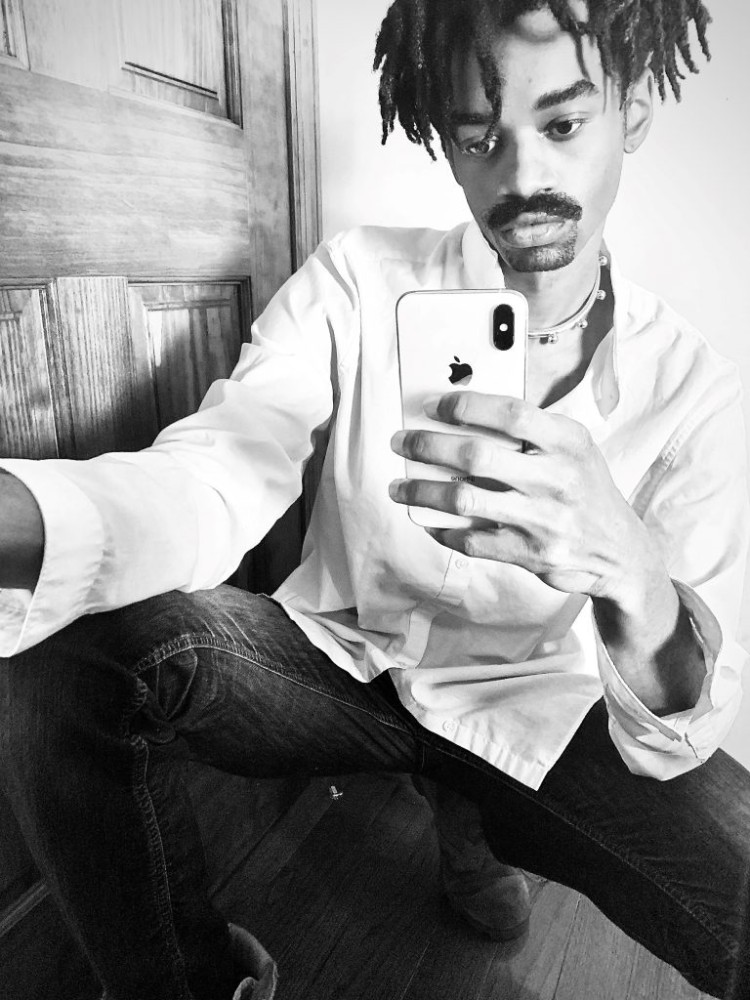
How would you describe Afro-futurism to a foreign audience?
Afro-futurism centres Afrodescendant peoples worldwide in imagining what the future might look like, given the history of demeaning and dehumanising depictions of Black Afrodescendant people in global history. We assert that a better world will be one of greater equity, empathy, and ability of all peoples to manifest their lives and destinies without undue oppression. If this freedom is to be enjoyed by anyone in the world, it will necessarily entail realising it in the lives of Black people who are readily looked down upon by the West and the East alike.
What are your thoughts on racial diversity in the jewellery industry?
There would be more of it if there was a more equal playing field – absent the commitment of those in power to really commit the resources necessary to promoting and scaling businesses in this sector. It’s difficult to imagine how that would change for the next generation.
What gives me hope is that since the beginning of my career, I have experienced support from folks from various fashion institutions and from my fellow designers and entrepreneurs. My peers and I have found a way to benefit the next generation – not just through jewellery but across various creative pursuits. This commitment feels like a source of hope for the future of creativity.
What’s your key takeaway in participating in NET-A-PORTER’s Vanguard programme so far?
One major takeaway is that it’s important to balance pieces that are striking and immediately communicate a vision with styles that can be worn every day and blend more seamlessly into a client’s existing wardrobe. Fine jewellery calls a more specific audience – it’s incredibly personal. You realise that specific clients are really choosing your pieces to add to their collection – not just for the season but also for a lifetime. So, this level of specificity and engagement for clients is a beautiful evolution because the products allow me and my ideas to interact with the world.
Do you see yourself venturing into other art forms besides jewellery making anytime soon? If so, why that particular medium?
Yes! I’ve always worked in drawing and painting as a core part of my design process, and I’m excited to spend more time making drawings and images. I also started sculpting at the outset of 2020, and this process of forming 3D objects by hand has really captured me. There’s more feedback between your mind, your hand, and the material, and that creates new possibilities for expression, new shapes. These correlate to new ideas.
Over time I’ve recognised that there is no singular process or material that engages me enough that I want to commit to it exclusively. I’m excited as an artist and designer by pushing the possibilities of a medium, genre, and material. In that way, I’m really moving the world forward by reflecting on what has existed and seeking to create something new.
What’s next for you, and how else will you address black heritage and culture through your works?
We’re working on a new collection that addresses our escapist urges’ futility and utility: what these tell us about the world that we live in and the world that we would like to live in. This collection will debut later this year and will also be our first release of larger sculptural objects, some limited edition tees and hoodies, as well as some new forms of media.
We’re excited to begin to express the broader worldview that we hope the brand will communicate, and we hope that people will find a place in it.
Khiry’s Afro-futurist jewellery is available on khiry.com while its limited range of fine jewellery is exclusively on NET-A-PORTER


